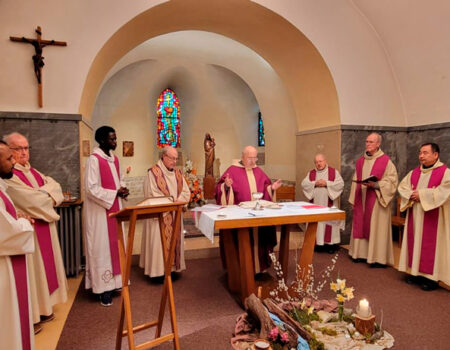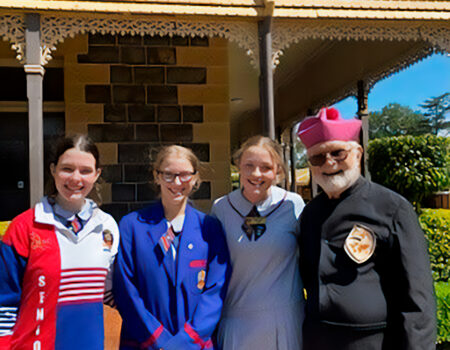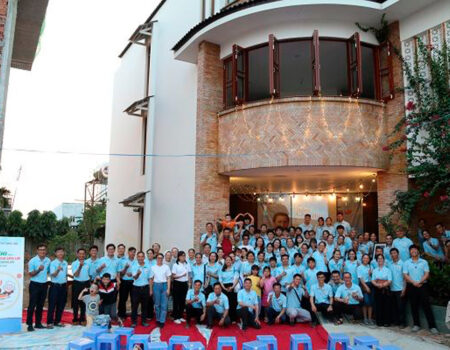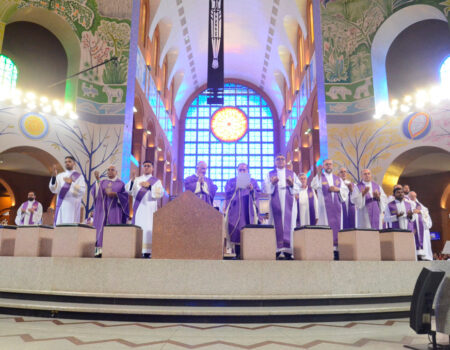Fr. Chevalier’s way of living a Devotion to the Sacred Heart
15.03.2022 - 198th Birth Anniversary of the Servant of God, Fr. Jules Chevalier
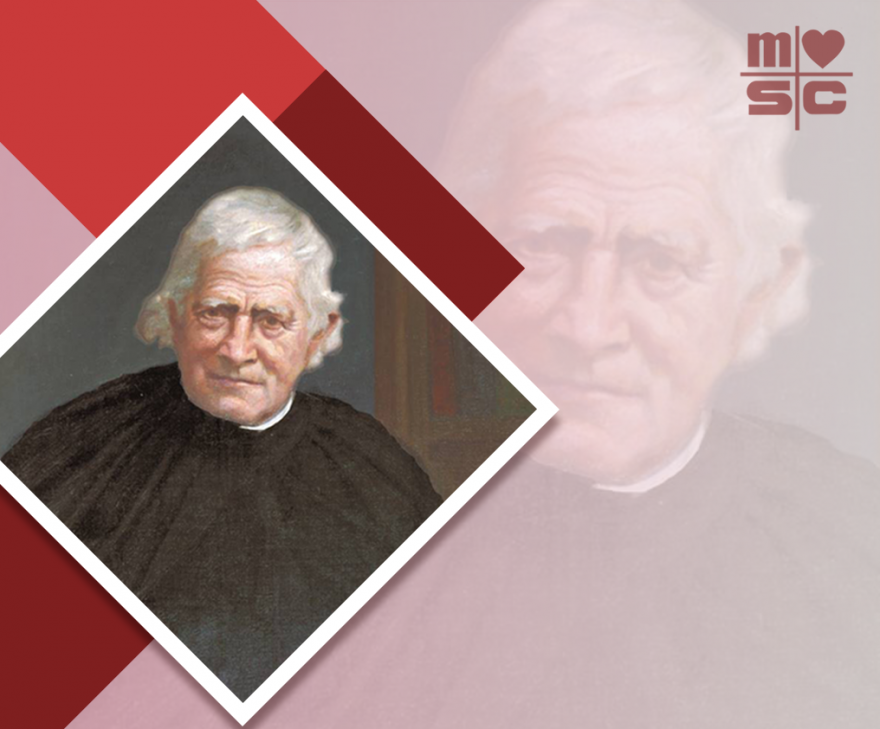
Fr. Jules Chevalier’s Spirituality has been shaped by this Devotion and has certainly been enriched by the way the Saints, who lived before him, practiced this Devotion. Also, his contact with some Jesuits has clearly inspired Chevalier. Even so, he lived the Devotion to the Sacred Heart in his own way.
From the beginning, Fr. Chevalier understood the Devotion to the Sacred Heart in a broad sense. He lived it not as a devotional practice, but as a spirituality that comprised all aspects of faith, religion, and daily life – social life as well as personal life. For him, the Devotion to the Sacred Heart was not only a Devotion, in the narrow sense of the word. He did not practice this Devotion only by performing some specific, spiritual exercises such as the Holy Hour, Adoration, or the Prayer of Reparation on First Fridays of the month. Even if he did not neglect these devotional practices, his way of practicing a Devotion to the Sacred Heart included his whole life and work.
Fr. Hériault MSC, for many years his confrere and assistant priest in St. Cyr parish of Issoudun, notes that Fr. Chevalier did not have “a demonstrative piety” and that his piety above all consisted in “carrying out his obligations” (Daily Readings, October 11). Fr. Piperon MSC, another companion, describes Fr. Chevalier as ‘a worker’ who never lost time, but who in the midst of all his occupations, always found time to attend to the gatherings of the MSC community, several times a day: during the prayer services, the meals and the time of recreation.
Being in charge of the St.Cyr parish in Issoudun, with more than 13000 inhabitants, Fr. Chevalier engaged himself in a great variety of pastoral activities. He looked after the parish-schools, gave catechesis to groups of adults and children, visited the sick, and attended to the needs of the many visitors at his presbytery, more specifically the poor. At the same time, being the General Superior, he administered the MSC Congregation, and, after the Congregation was spread abroad, visited the communities in foreign countries. He founded the Daughters of Our Lady of the Sacred Heart and brought together diocesan priests and lay people in a Third Order of the Sacred Heart, while accompanying them as a spiritual director. Later, he became the spiritual founder of the MSC Sisters in Germany.
And then, he spent his free time (late at night?) in reading and meditating on the Devotion of the Sacred Heart. Continuously, he tried to deepen his understanding of the meaning of the Devotion, resulting in two substantial volumes about the Sacred Heart and Our Lady of the Sacred Heart. Besides that, he wrote many other books and pamphlets. And, it has been said that, when in Issoudun, he wrote an average of 10 letters a day!
So, Fr. Chevalier practiced the Devotion to the Sacred Heart of Jesus by wholeheartedly engaging himself in the occupations of his daily life, and by his way of associating with his confreres, parishioners, and the other people he met. We may say his spirituality was practical and down to earth.
Therefore, we should not put him on a pedestal. He was an ordinary man with ordinary talents. He had flaws in his character, and he certainly made mistakes in carrying out his leadership functions. However, what made him special was his total commitment to the cause of Jesus, whom he called “the Sacred Heart”. He devoted himself without reserve to the spreading of the Devotion to the Sacred Heart, so that Jesus, the Sacred Heart, would be known and loved, everywhere.
Fr. Hans Kwakman, msc
(Section 5 and 6 of the Online Course)
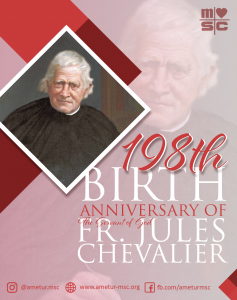
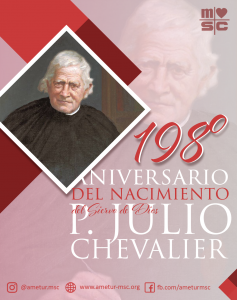
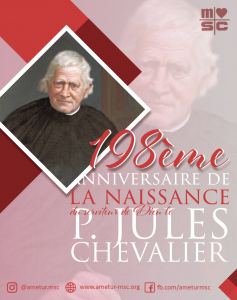
A reflective moment
“We can try new ways to find peace of heart and a little tranquility
by doing simple, practical things:
cooking, cleaning the house, visiting a friend, writing a letter,
taking a walk, listening to gentle music,
visiting a church, praying in silence, or playing with children.
In the midst of all our weakness and pain,
we can experience moments of peace and joy.”
(Jean Vanier)


